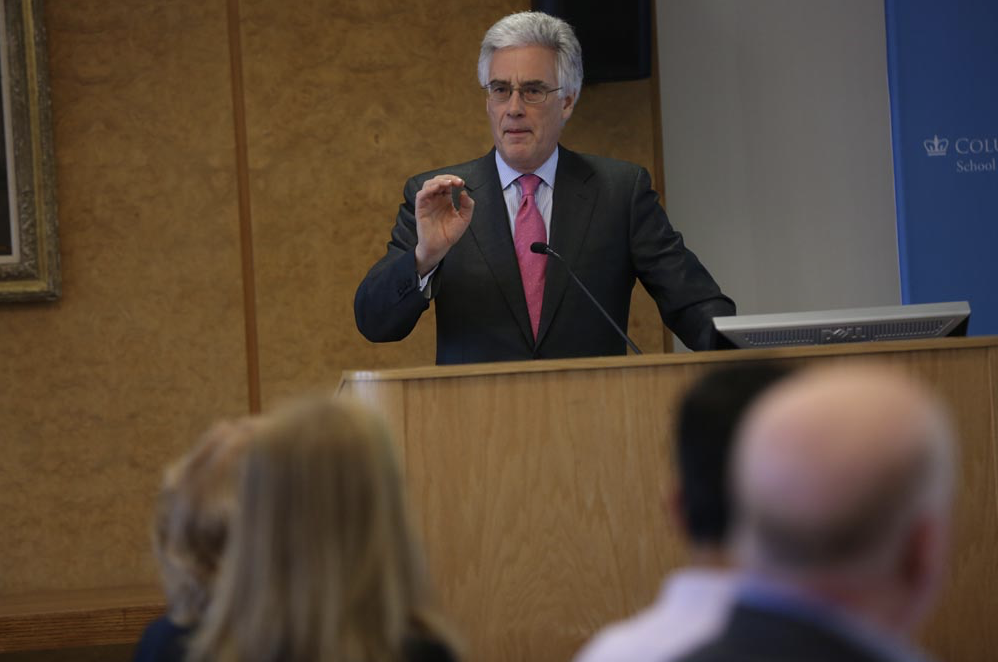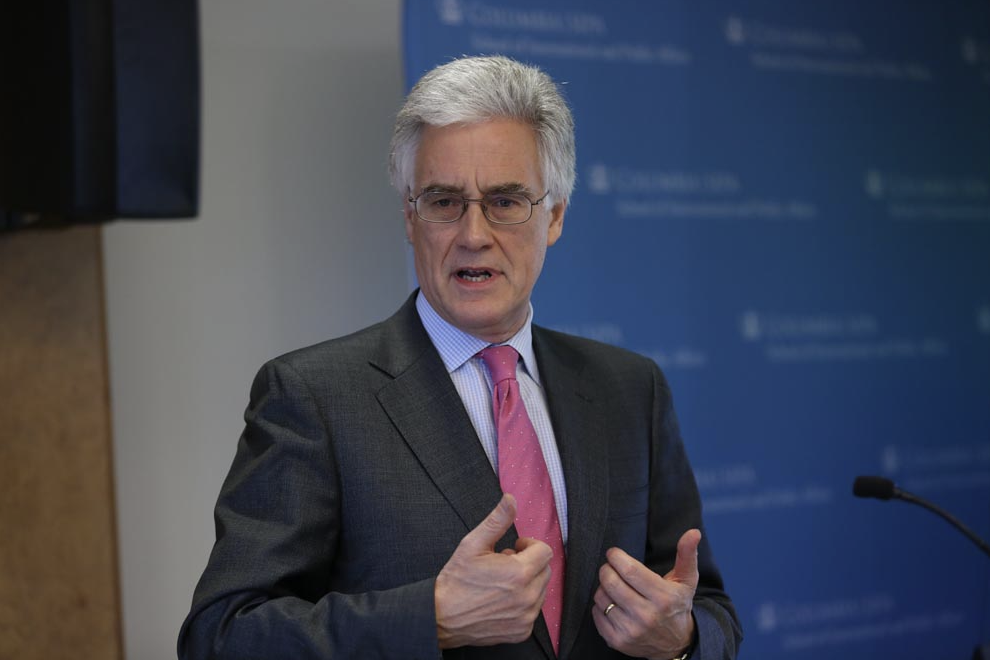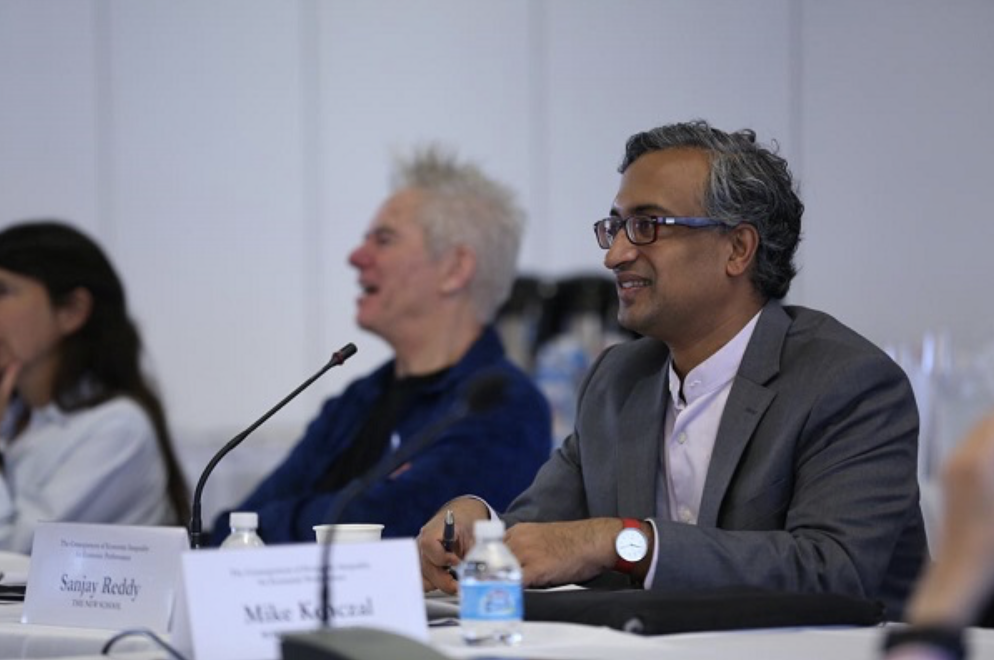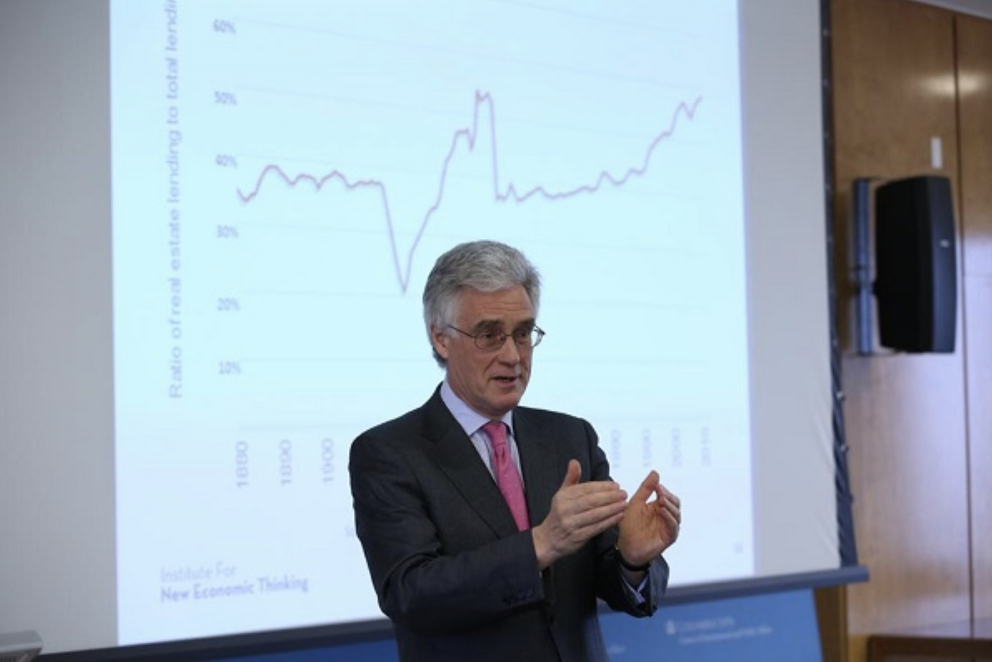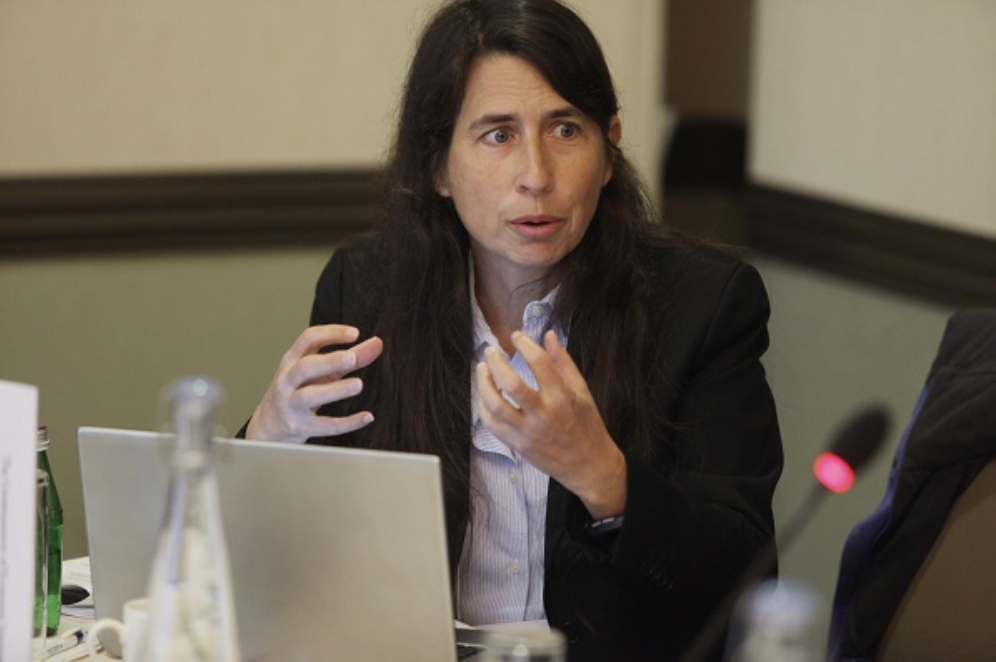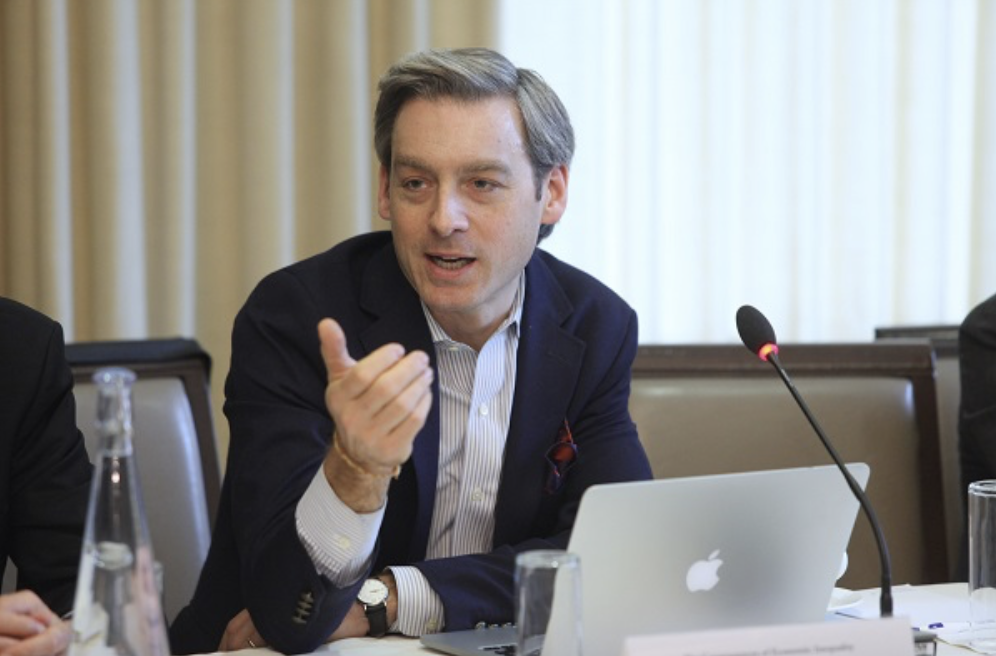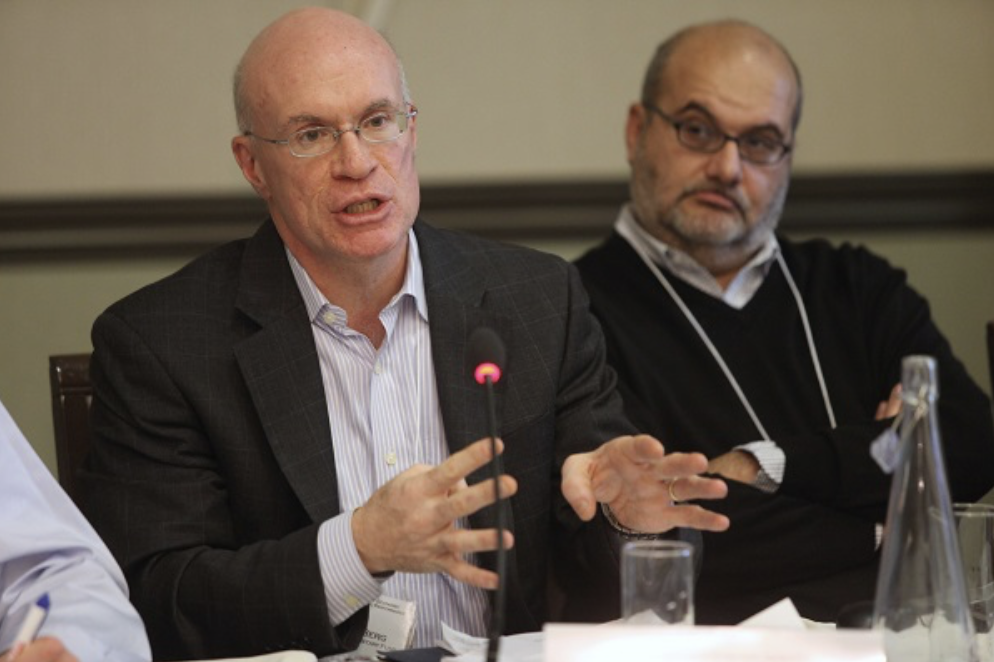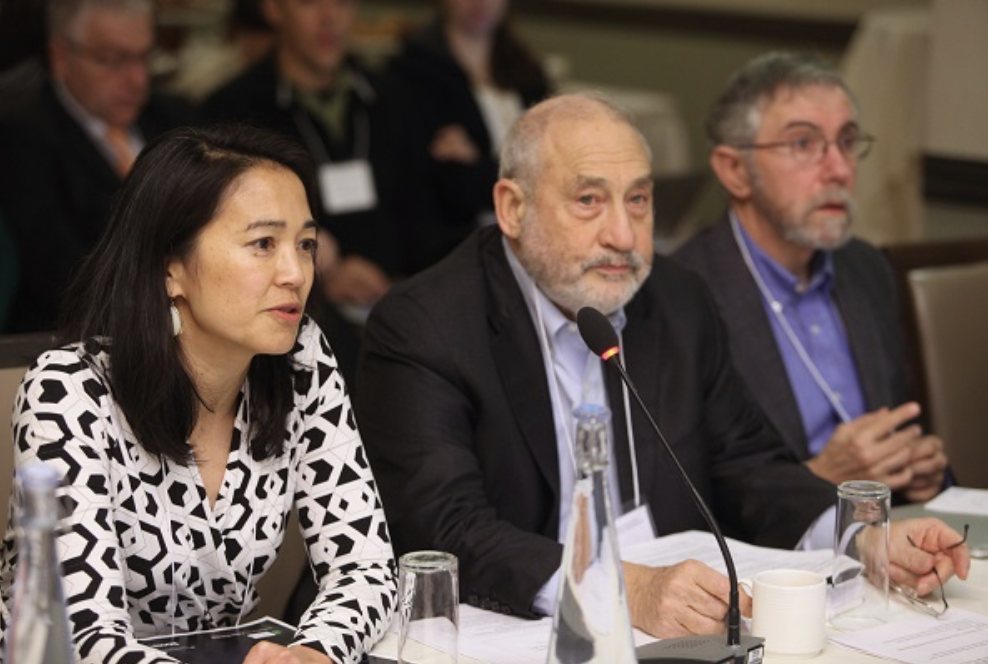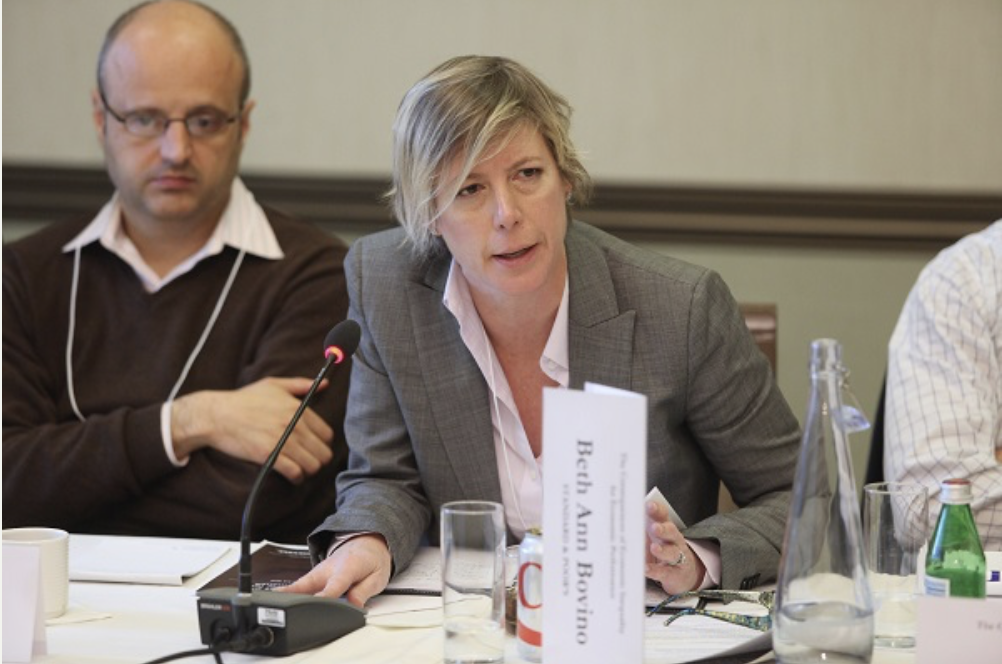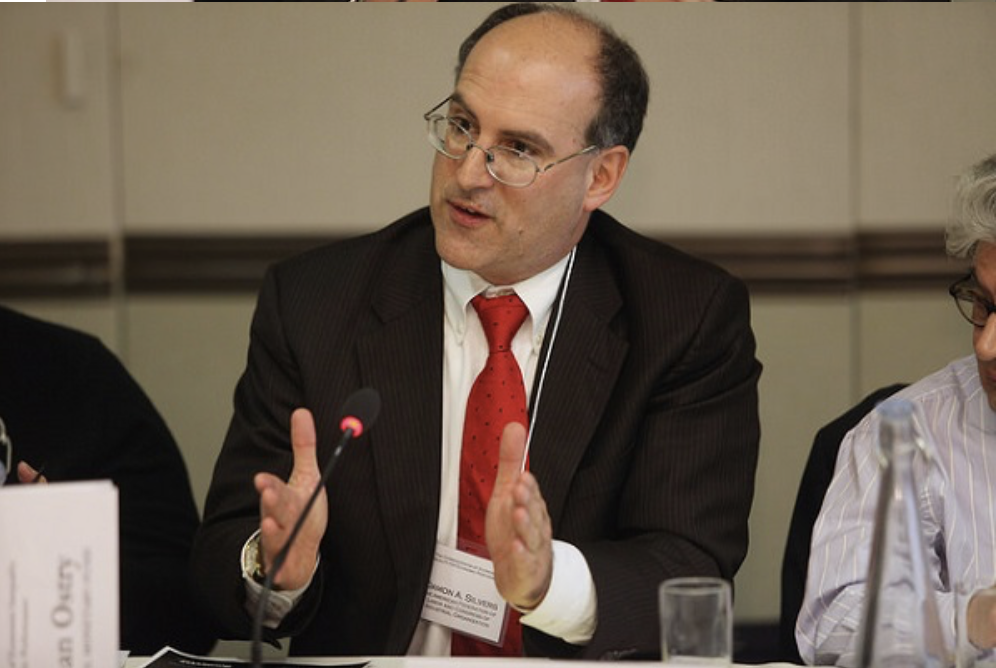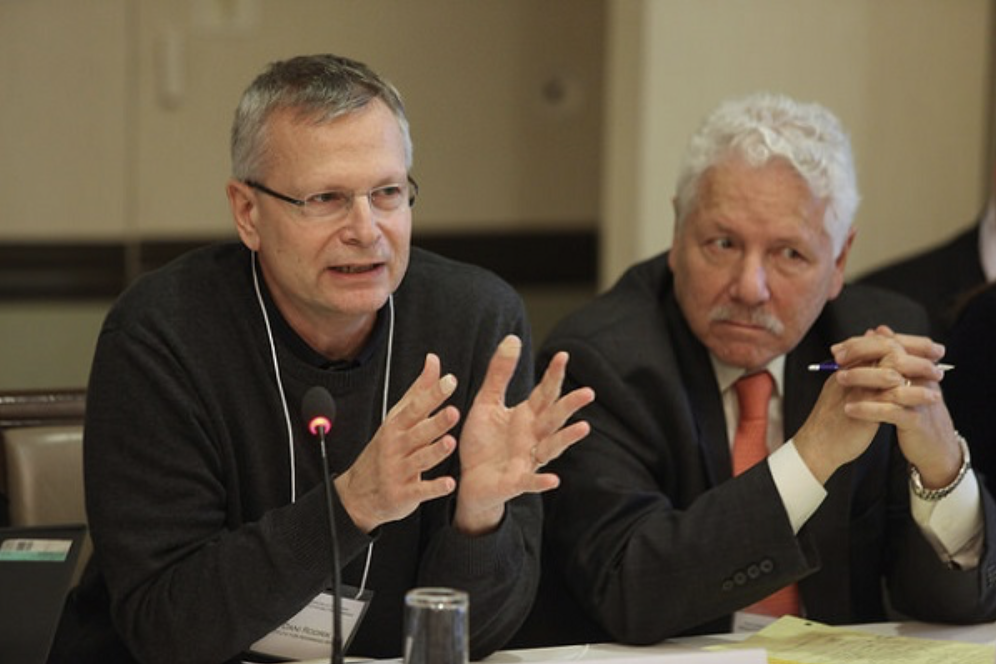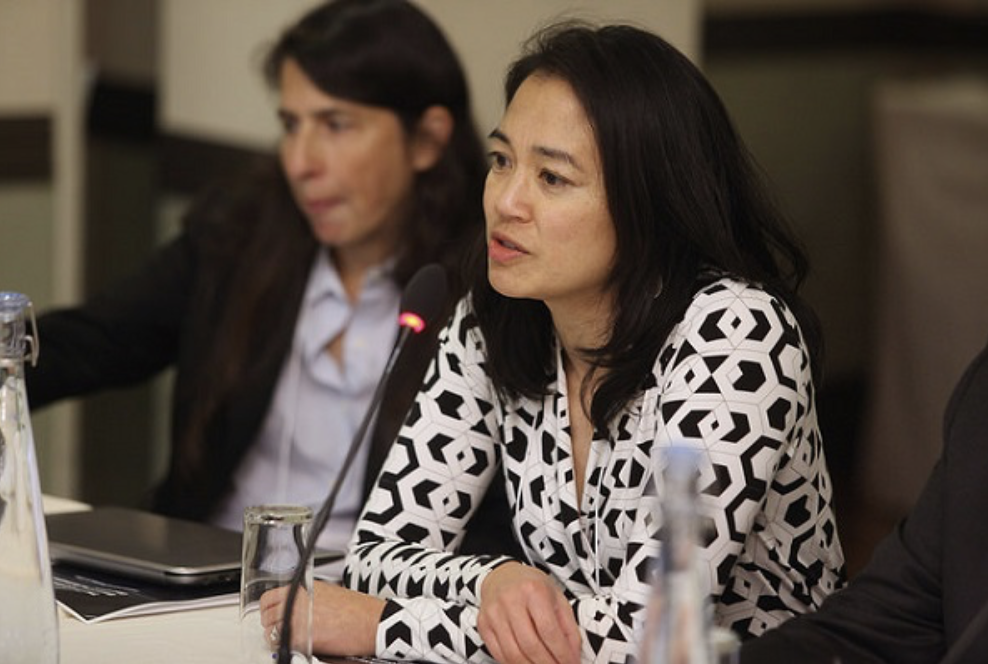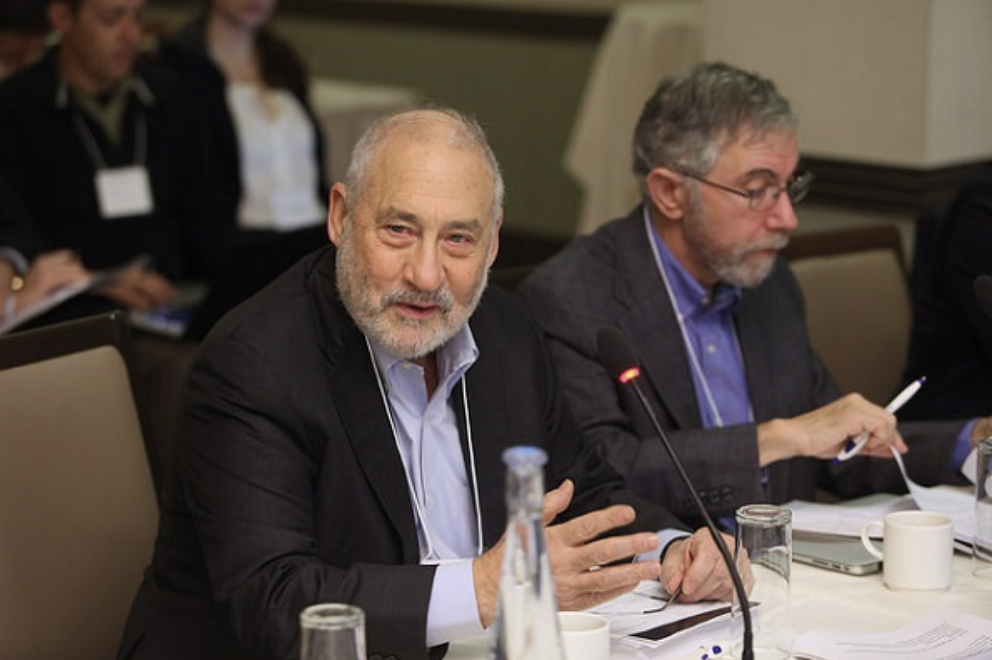There is a growing consensus that excessive inequality and the way that much of the inequality is generated undermine economic performance, broadly understood. The purpose of the conference is to assess the state of the art: What does economic theory say about how inequality should affect economic performance? What is the macroeconomic evidence on the effects of inequality on economic performance? What are the microeconomic channels through which the effects are exercised? Are there distinct effects associated with inequality as opposed to income declines or increases in poverty? How might policy make growth more inclusive?
We are casting the net widely with respect to both of the key concepts: economic performance and inequality. We do not just mean GDP. We want to assess, for instance, the effects on sustainability (stability), median income, productivity, or any other aspects of economic performance that deserve attention. Different aspects of economic performance and different channels suggest a focus on different aspects of inequality. Can we disentangle the effects of inequality of income from inequality of wealth? Should we differentiate inequality of outcomes from inequality of opportunity? Can we identify specific welfare consequences arising from inequalities affecting particular groups?
The failure of some studies, using one metric of inequality, to identify an adverse effect of inequality (say on stability) may be because the focus was on the wrong metric. The Gini coefficient may be relevant for some purposes, but in order to capture major differences amongst countries (especially within the developing world) the Palma ratio may be a better measure.
The conference will focus on the causal link between inequality and economic performance in both developed and developing countries; and it will explore the possibility that there may be some important differences in causal links. A better understanding of theses links would enable us to give middle income countries sufficient advance warning of what may lie in store for them.
Our ultimate interest is in policy and setting a research agenda. Are there some policies, which can both strengthen economic performance and reduce inequality? What are the big lacunae in our knowledge? How should limited research budgets be allocated? How can policy choices be better informed?
View the Conference Agenda >>
Download and read the Conference Report (PDF) >>
Co-sponsored by the Initiative for Policy Dialogue and The Growth Dialogue.
Speakers
Roland Benabou, Princeton University
Andrew Berg, International Monetary Fund
Jared Bernstein, Economic Policy Institute
Heather Boushey, Washington Center for Equitable Growth
Beth Ann Bovino, Standard & Poor’s
Alex Cobham, Center for Global Development
Kemal Dervis, Brookings Institution
William Easterly, New York University
Steven Fazzari, Washington University in St. Louis
Francisco Ferreira, World Bank
Janet Gornick, The Graduate Center, City University of New York
Jacob Hacker, Yale University
Jody Heymann, UCLA Fielding School of Public Health
John Huber, Columbia University
Merit Janow, Columbia | SIPA
Arjun Jayadev, University of Massachusetts Boston
Robert Johnson, Institute for New Economic Thinking
Mike Konczal, Roosevelt Institute
Paul Krugman, The New York Times and Princeton University
Danny Leipziger, The Growth Dialogue, George Washington University
Nora Lustig, Tulane University
Joshua Mason, Roosevelt University
Atif Mian, Princeton University
Branko Milanovik, The Graduate Center, City University of New York
Larry Mishel, Economic Policy Institute
Kalle Moene, University of Oslo
Salvatore Morelli, Center for Studies in Economics and Finance, University of Naples and INET Oxford
Akbar Noman, Columbia University
Jonathan Ostry, International Monetary Fund
Hamid Rashid, United Nations Department for Economic and Social Affairs
Sanjay Reddy, The New School
Juan Gabriel Rodriguez, Universidad Complutense de Madrid
Dani Rodrik, Institute for Advanced Study
Damon A. Silvers, AFL-CIO
Joseph Stiglitz, Columbia University and Roosevelt Institute
Jan Svejnar, Center on Global Economic Governance, Columbia | SIPA
Robert Triest, Federal Reserve Bank of Boston
Lord Adair Turner, Institute for New Economic Thinking
Edward Wolff, New York University
Felicia Wong, Roosevelt Institute
Shahid Yusuf, The Growth Dialogue, George Washington University
Observers
Nellie Abernathy, Roosevelt Institute
Katharine Bradbury, Federal Reserve Bank of Boston
Natalie Gomez, Columbia | SIPA
Martin Guzman, Columbia University
Deborah Hardoon, Oxfam GB
Sue Holmberg, Roosevelt Institute
Tara Magner, MacArthur Foundation
Benjamin Moll, Princeton University
Charles Muckenfuss, Roosevelt Institute
Alex Ortolani, Standard & Poor’s
Dave Palmer, Roosevelt Institute
Jonathan Rothschild, Government of Canada
Hector Saez, Washington State University
Go Shimada, Japan International Cooperation Agency
Ernst Stetter, Foundation for European Progressive Studies


